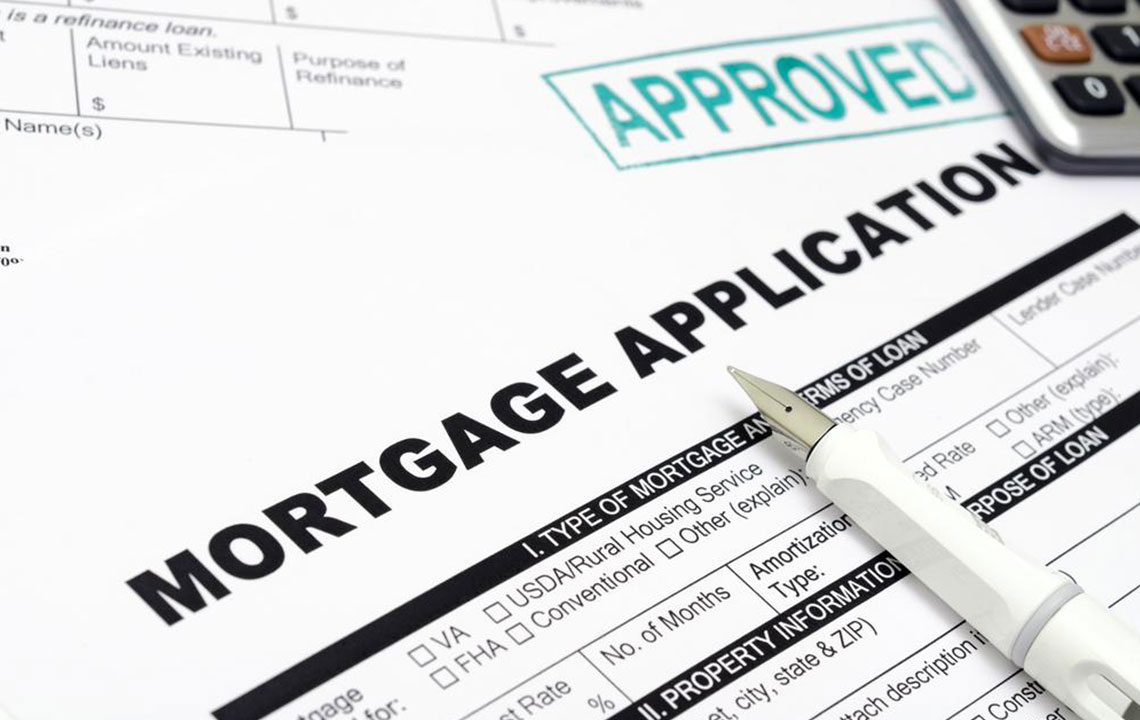Guide to Applying for FHA Home Loans
This comprehensive guide explores the FHA loan application process, highlighting eligibility criteria, credit score requirements, property standards, and mortgage insurance details. FHA loans offer accessible financing options for low- to moderate-income individuals, making homeownership achievable with lower down payments and flexible qualification standards. Understanding these key aspects helps prospective buyers navigate the application process confidently and find suitable mortgage solutions.
Guide to Applying for FHA Home Loans
Achieving homeownership is a major milestone for many individuals, but high down payment requirements often pose a challenge. Typically, lenders ask for up to 20% of the home's purchase price upfront, which can be difficult for low- to middle-income buyers. FHA loans serve as a practical solution, enabling more people to buy homes through flexible financing options.
What is an FHA Loan?
Recognized for supporting low- to moderate-income families, an FHA loan is a government-backed mortgage insured by the Federal Housing Administration, issued by approved lenders.

FHA loans require significantly lower initial payments compared to traditional loans. They also have more lenient credit score criteria, making them suitable for applicants with less-than-ideal credit histories. Although the FHA guarantees these loans, approved third-party lenders process and manage the applications, insured against potential losses from borrower defaults. This backing encourages lenders to offer loans to those with limited savings.
Minimum Credit Score for FHA Loans
As of 2022, the minimum credit score for an FHA loan is 500. Borrowers with scores between 500 and 579 must make a 10% down payment. Those with a credit score of 580 or higher are eligible for a lower down payment of 3.5%. While the minimum score is 500, having a score above 580 maximizes loan benefits and lowers upfront costs. Lenders may impose stricter criteria beyond FHA guidelines.
Additional FHA Loan Eligibility Criteria
Beyond credit scores, applicants must meet other key requirements. These include debt-to-income ratios, property conditions, and loan limits.
Debt-to-Income Ratio
FHA considers both front-end and back-end DTI ratios. The front-end ratio reflects mortgage payments relative to income, ideally not exceeding 31%. The back-end ratio, which includes all debts, should stay below 43%. Lenders might set different thresholds based on individual circumstances.
Property Eligibility
The property must serve as the borrower's primary residence. Eligible types include single-family homes, multi-family units up to four units, or manufactured homes on a permanent foundation. The borrower must occupy the home within 60 days of closing.
Loan Limits
Limits vary depending on location and property type, with 2022 caps at $420,680 for most single-family homes, rising to $970,800 in high-cost areas. Borrowers cannot exceed these limits.
FHA Mortgage Insurance
FHA loans are insured by the borrower through mortgage insurance premiums (MIP). An upfront premium of 1.75% of the loan amount is paid at closing, along with monthly premiums that depend on loan specifics. This insurance protects lenders and facilitates easier access to financing for borrowers with lower credit scores or smaller savings.
Overall, FHA loan requirements are more forgiving compared to conventional loans, especially for lower-income borrowers or those with credit challenges. With lower down payment demands and flexible qualification standards, FHA loans provide a viable pathway to homeownership.










